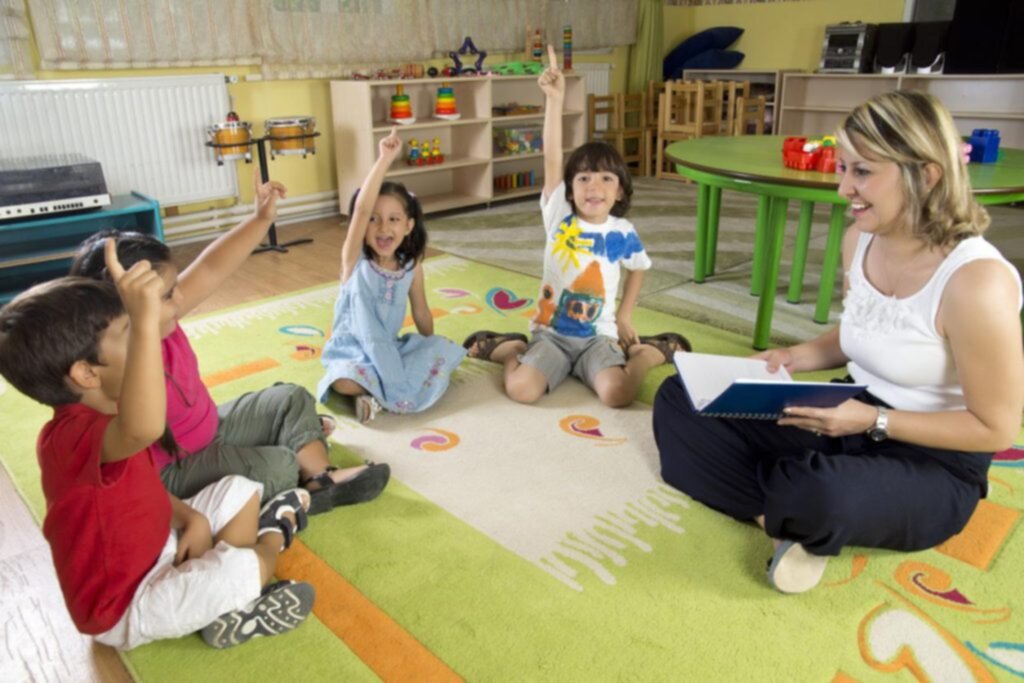
English Language Learners (ELLs) are a growing population in the U.S. school system. This demographic statistic has steadily risen over the years, with an estimated 25% of children in the U.S. school system coming from immigrant families. This is a new reality, which has significant implications for the U.S. school system and educators. However, effective educators know that ELs are able to study complex concepts and process new content in their new language – English. ELs are highly capable of learning and meeting high academic standards, but they may require certain adjustments in the way they are being instructed. It is important to mention the following – if the language needs of ELs aren’t taken into consideration, they risk becoming long-term ELs.
Educators must realize that ELs arrive at the school setting with a wealth of knowledge, experiences, abilities, preferences, interests, and native language proficiencies. EL students don’t come to the classroom with a blank slate. Rather, they come to the classroom as multidimensional individuals that just happen to be in the process of acquiring English. There are quite a few ways in which educators can recognize the strengths and abilities of ELs. This should encourage educators to maintain high expectations for ELs.
ELs have a set of language skills in their native language, which they can build on. Their interests and cultural knowledge should be tapped in order to enhance their learning experience. In order for educators to assess their EL students’ abilities, they need to get to know their students communities and cultures. By getting to know their students, teachers will discover their strengths, struggles, experiences, dreams, and hopes. Once educators realize the benefits of speaking more than one language and experiencing multiple cultures, they will begin to elevate their expectations for ELs that they once viewed as individuals “lacking” English skills.
In order for ELs to embrace their bilingual skills, educators should encourage them to read bilingual books. Organizations such as Lectura Books offer bilingual books that Spanish-speaking ELs can relate to. By reading both languages simultaneously, EL students are reinforcing their language and literacy skills in both Spanish and English.
